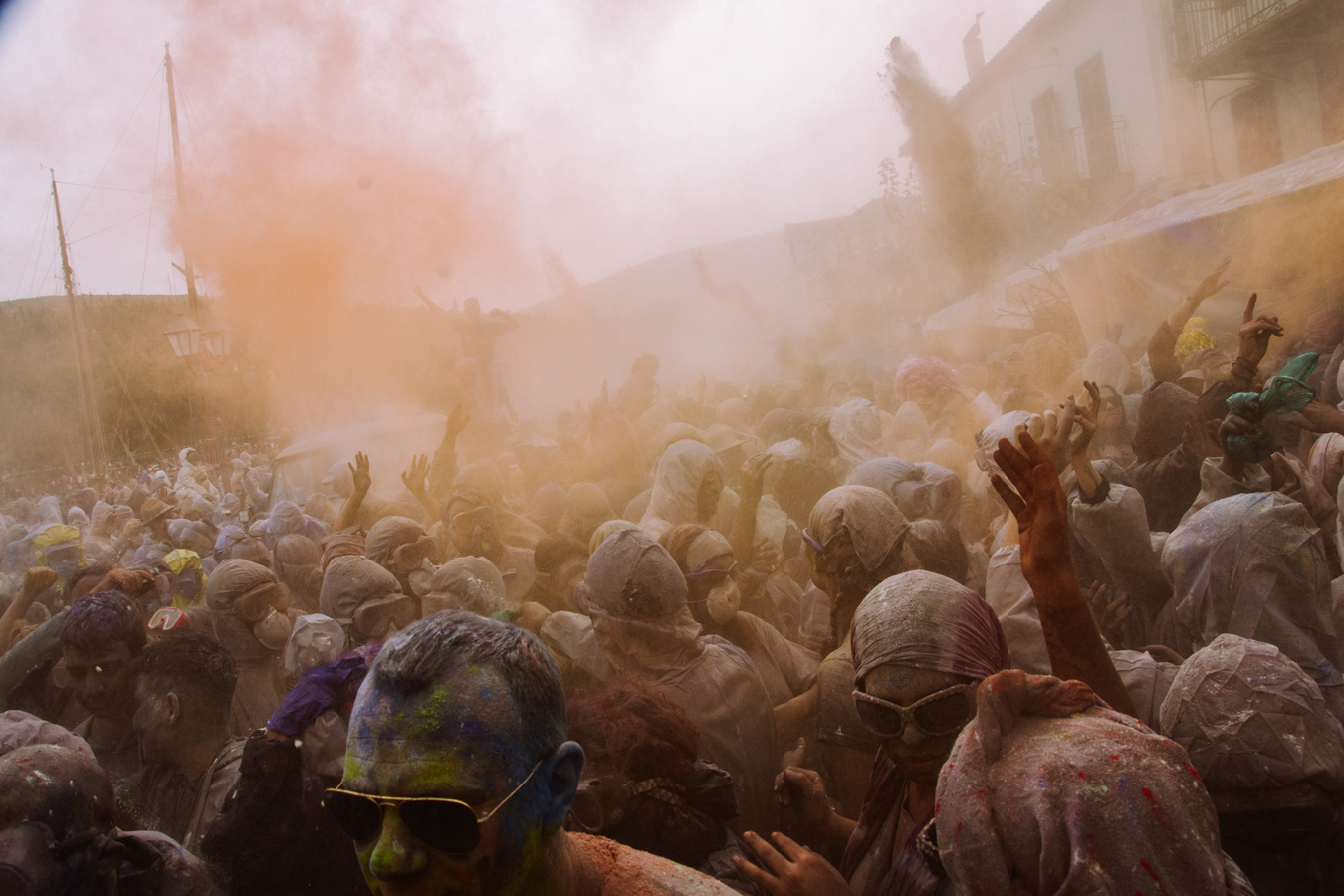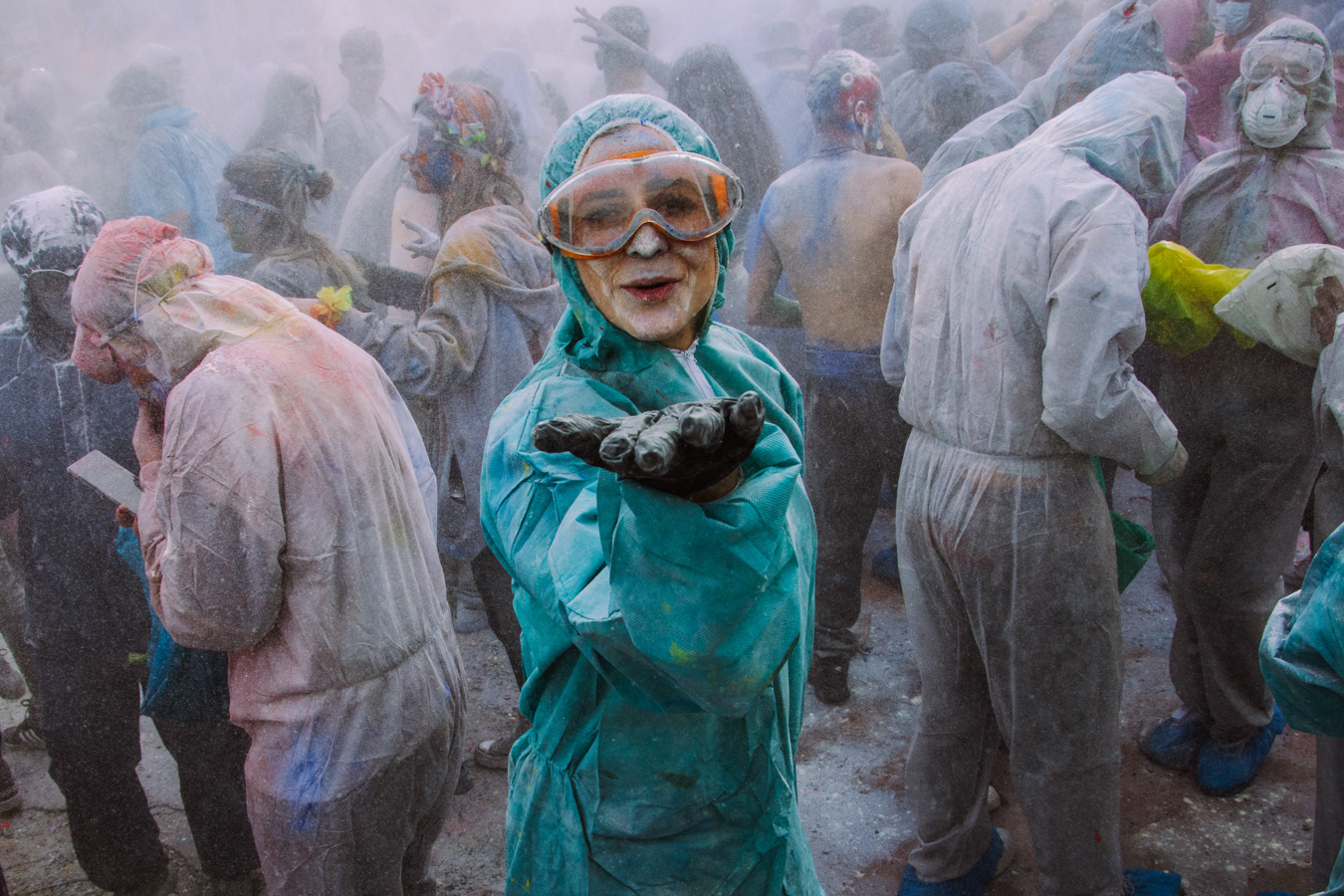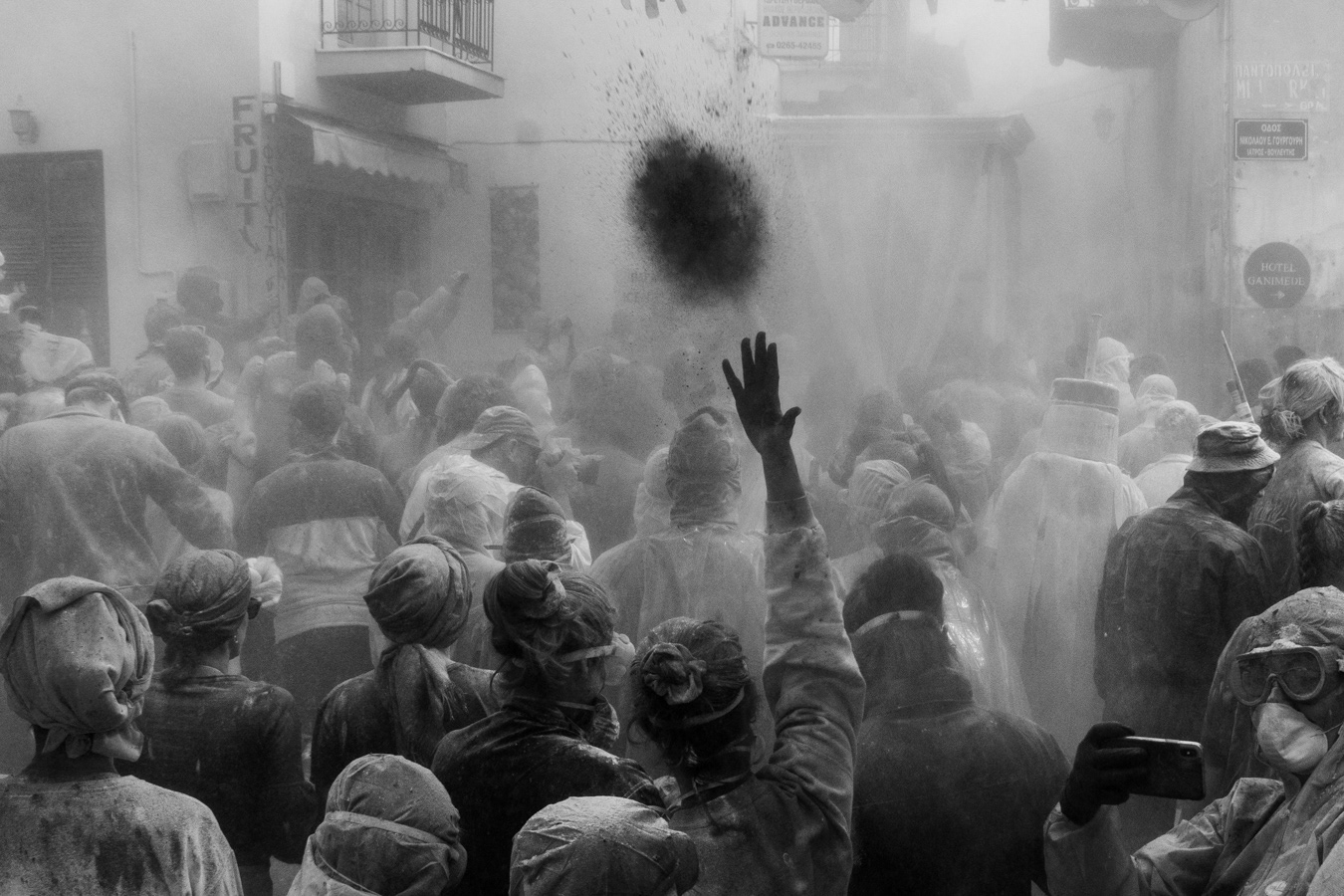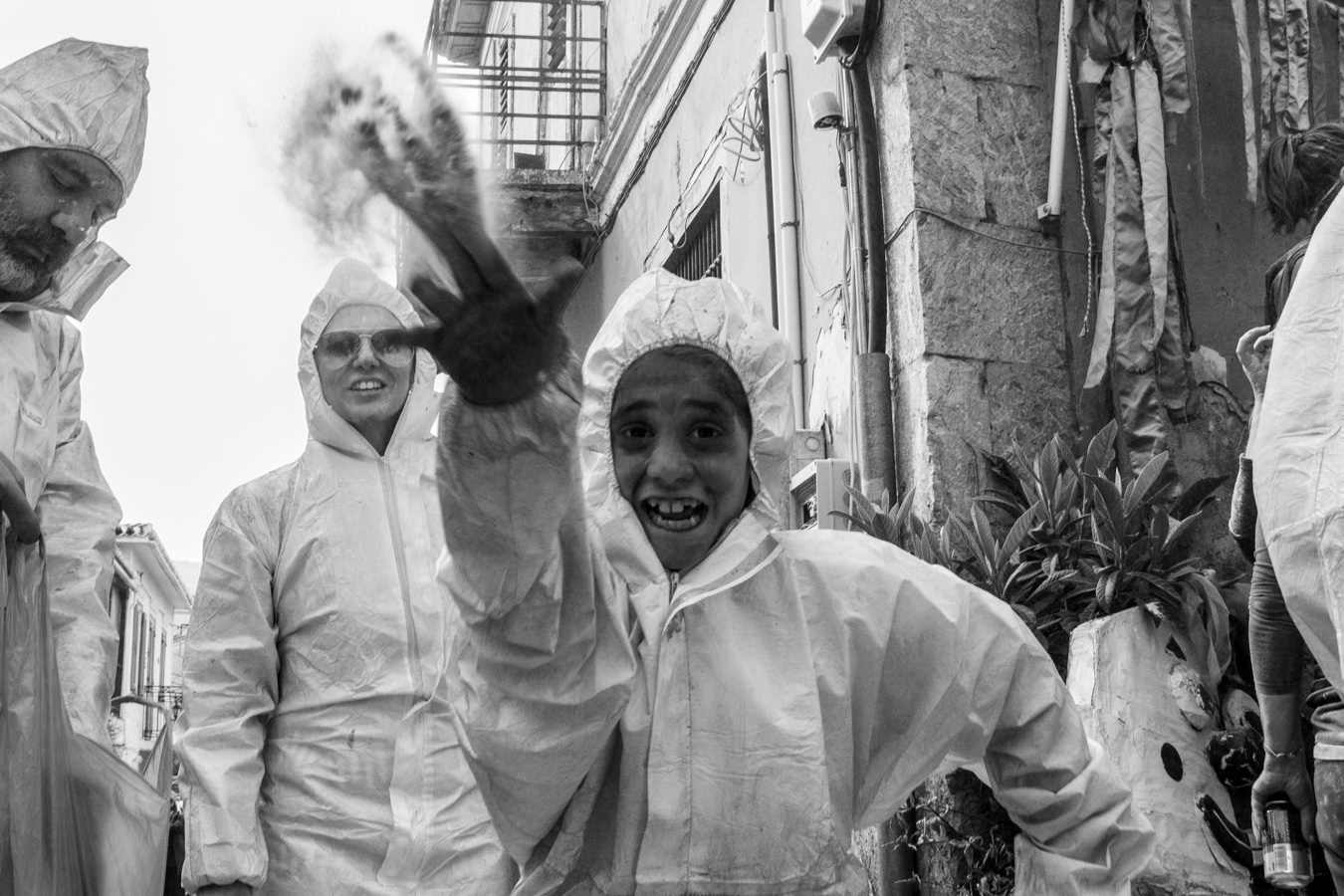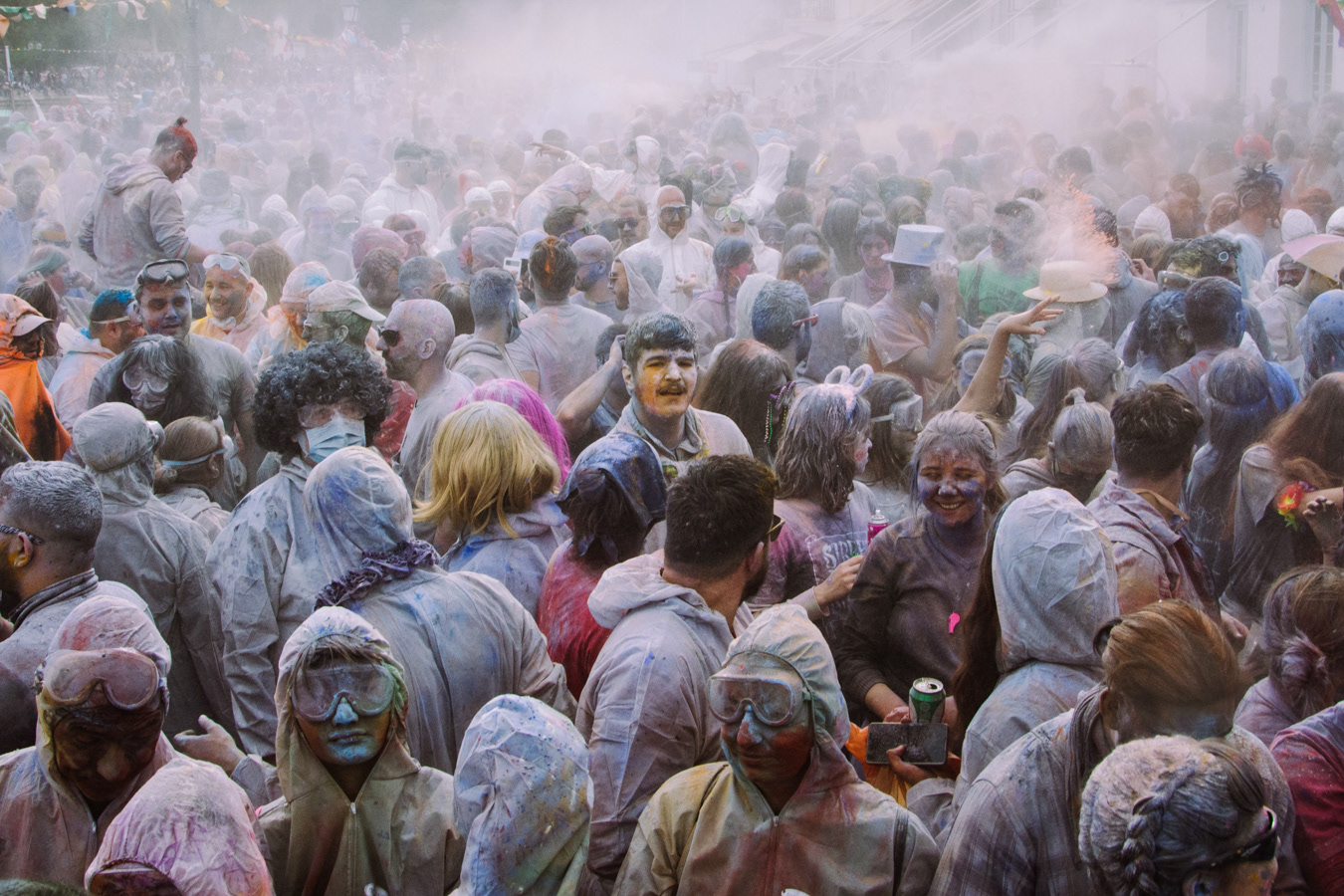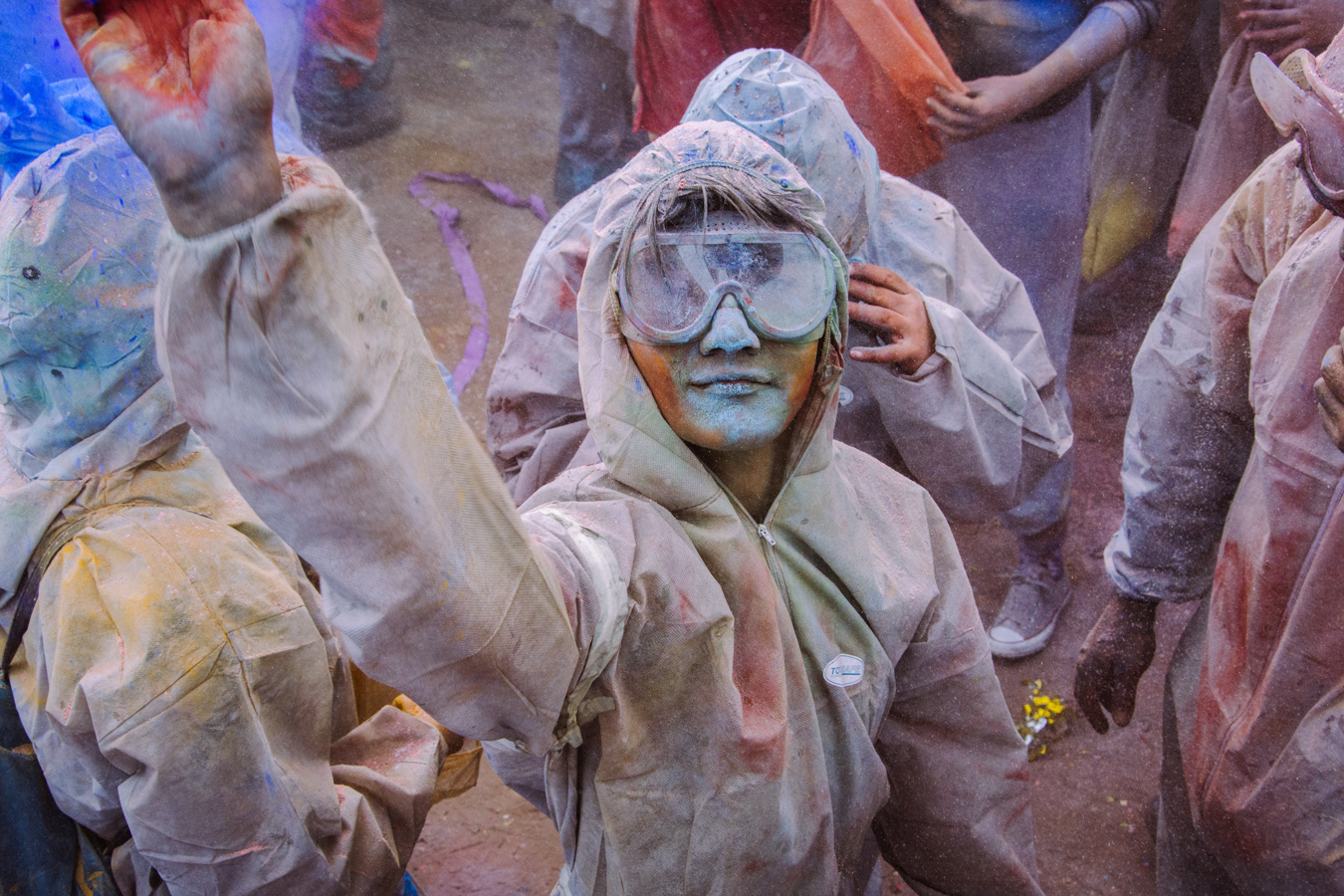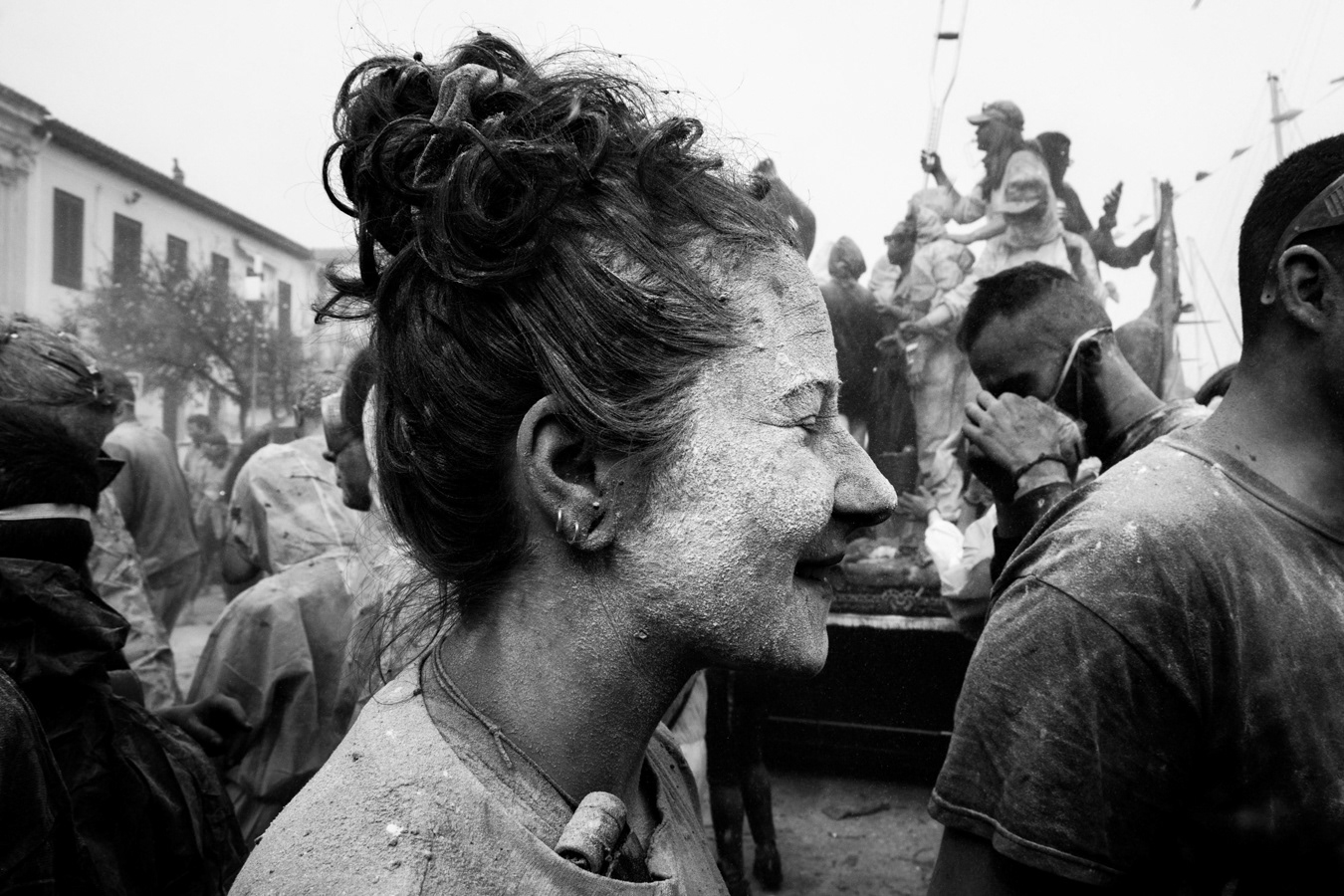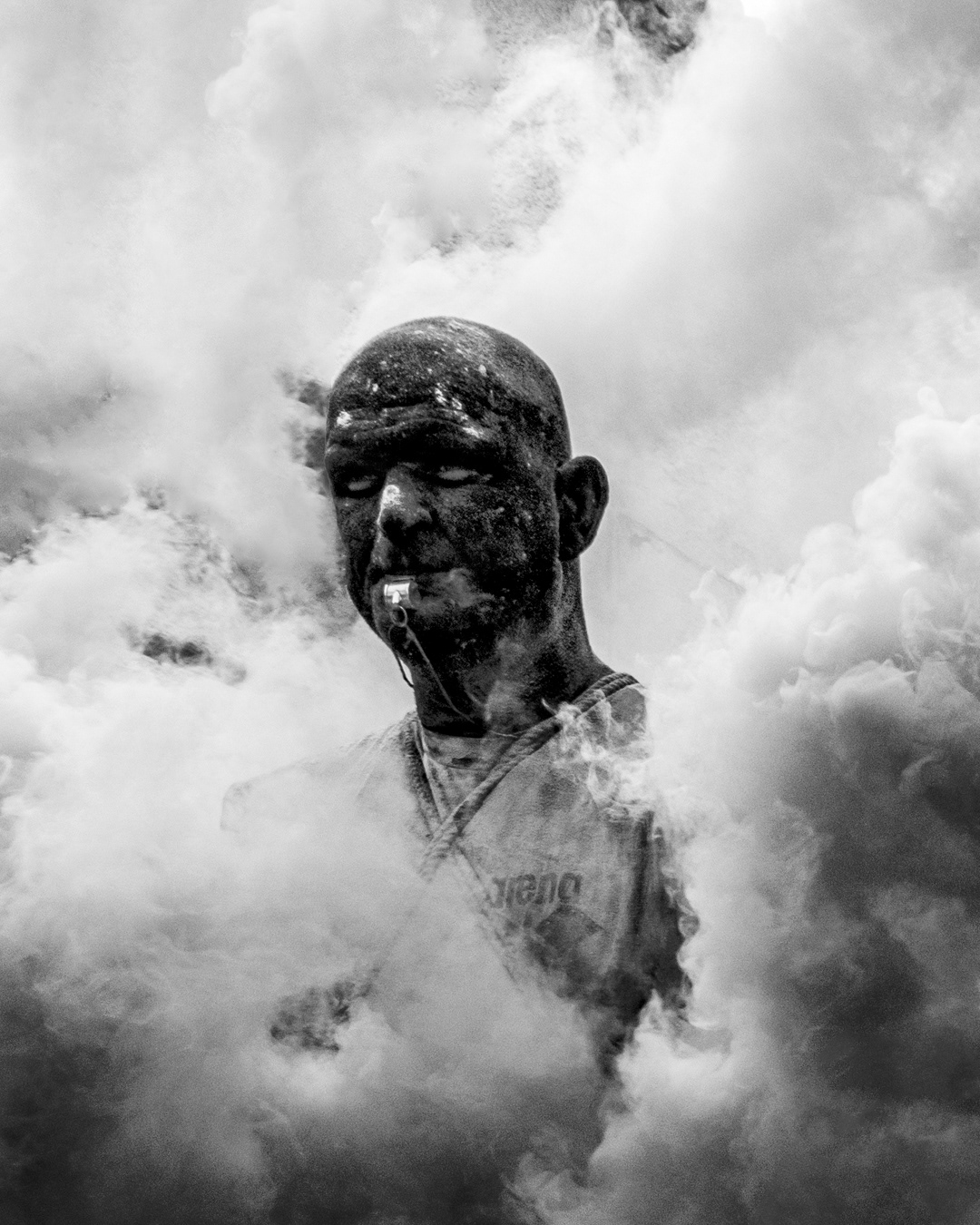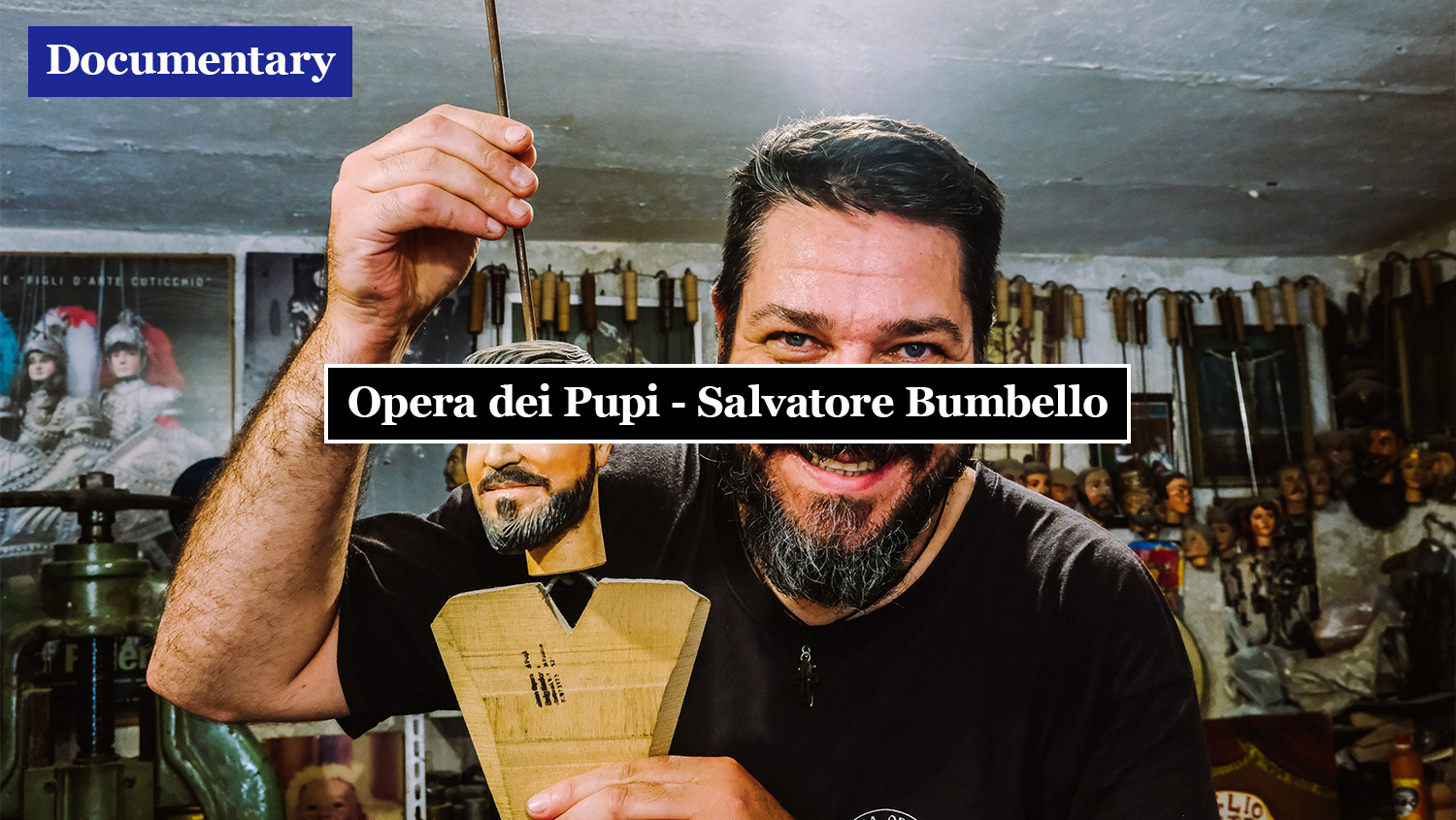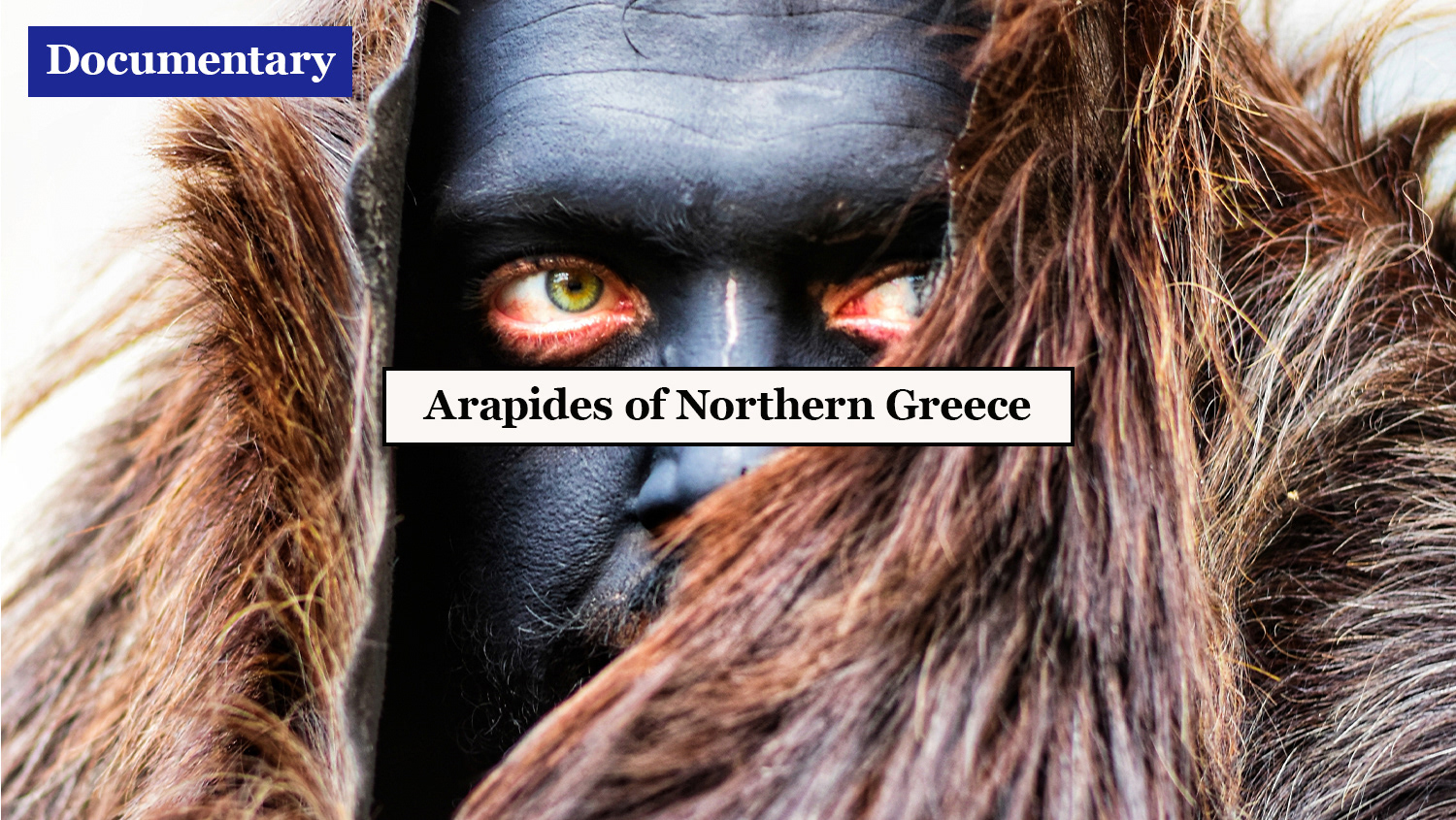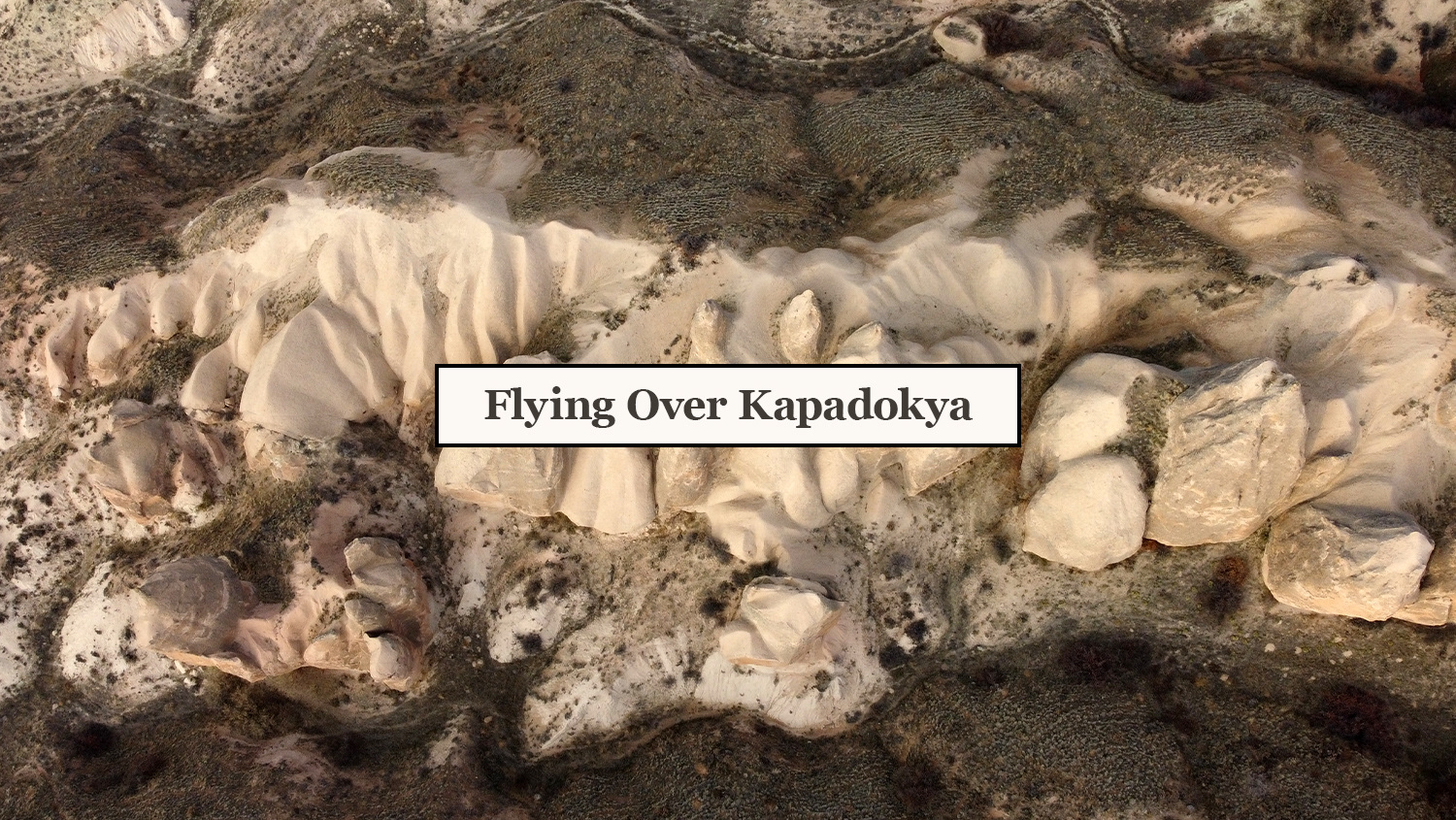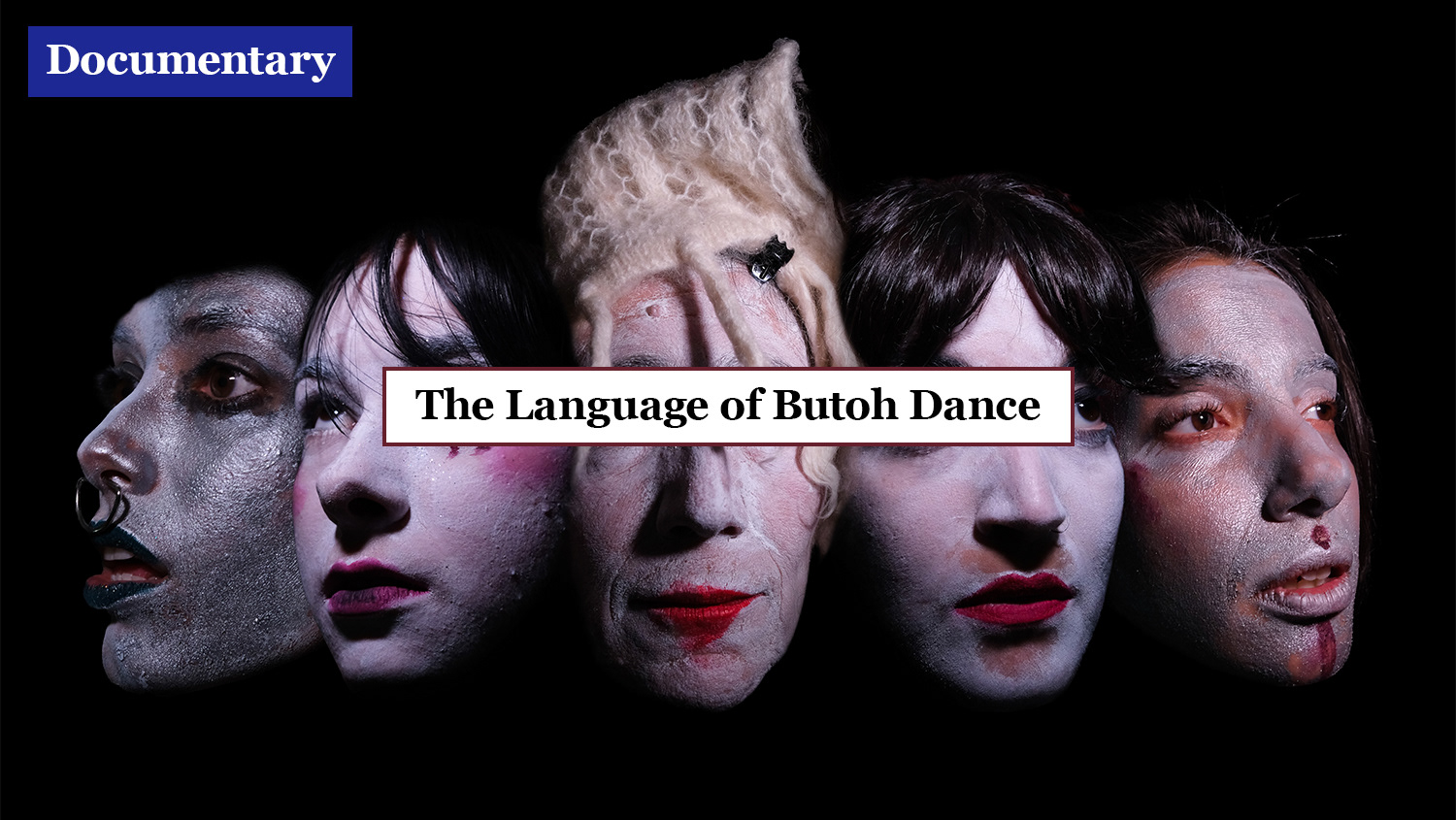A Colorful Tradition of Defiance and Unity
Nestled on the northern shore of the Corinthian Gulf, the picturesque village of Galaxidi in Greece is known for its charming streets, stunning coastal views, and a tradition like no other – the Flour War, also known as alevromoutzouromata. This whimsical yet deeply symbolic event takes place on Clean Monday, marking the transition from the festive Carnival season to the solemn period of Lent in the Eastern Orthodox Christian calendar. But what makes this tradition so special?
A Journey Back in Time
To truly appreciate the Flour War, one must delve into its rich history. Its origins harken back to the 19th century during the Ottoman rule. At that time, celebrating Carnival and even painting one's face with ash was explicitly forbidden. Yet, the resilient residents of Galaxidi dared to defy these prohibitions.
In an act of silent protest and celebration of their cultural identity, the people of Galaxidi began painting their faces with ash and dancing in the streets. This clandestine act of rebellion eventually evolved into the Flour War we know today.
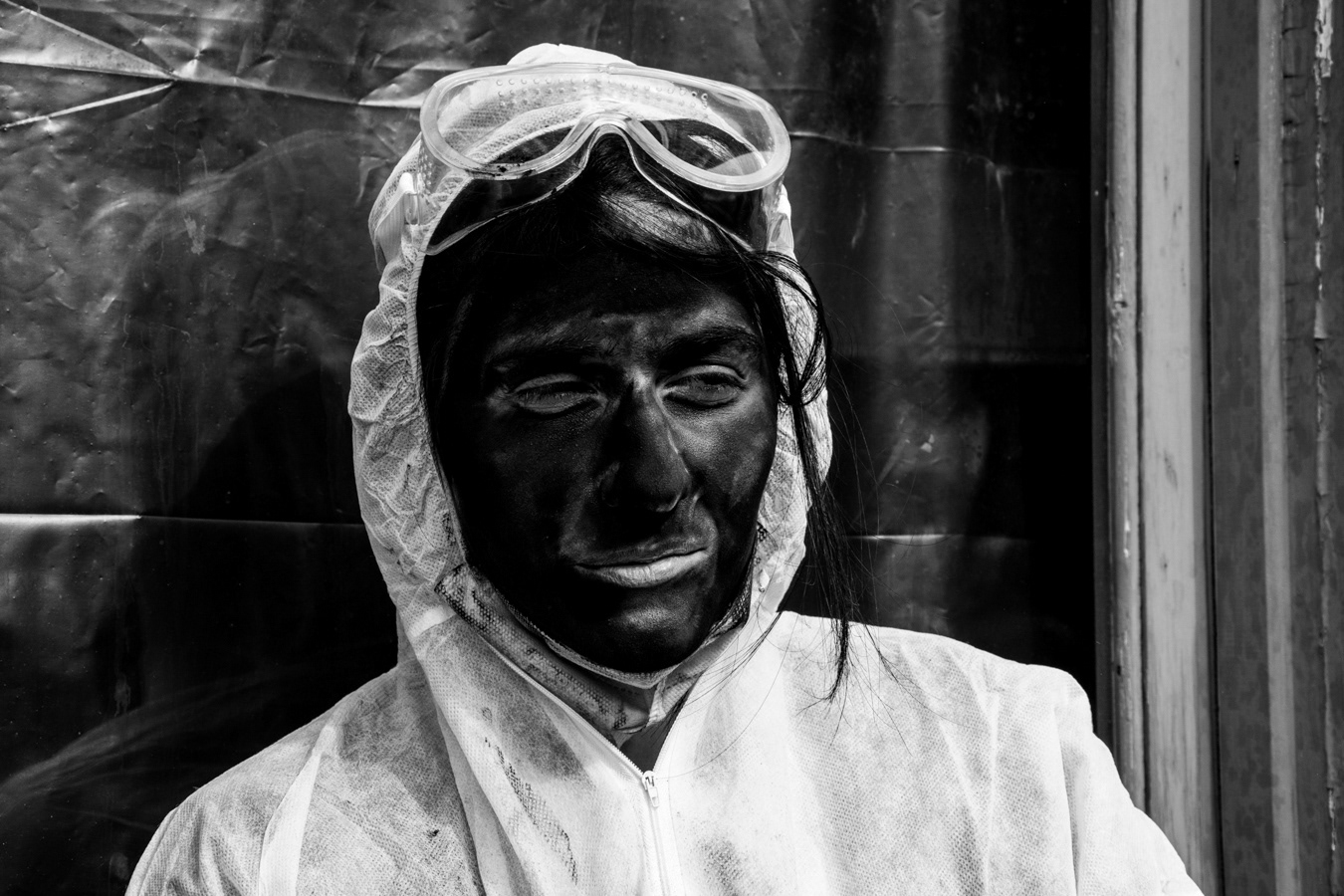
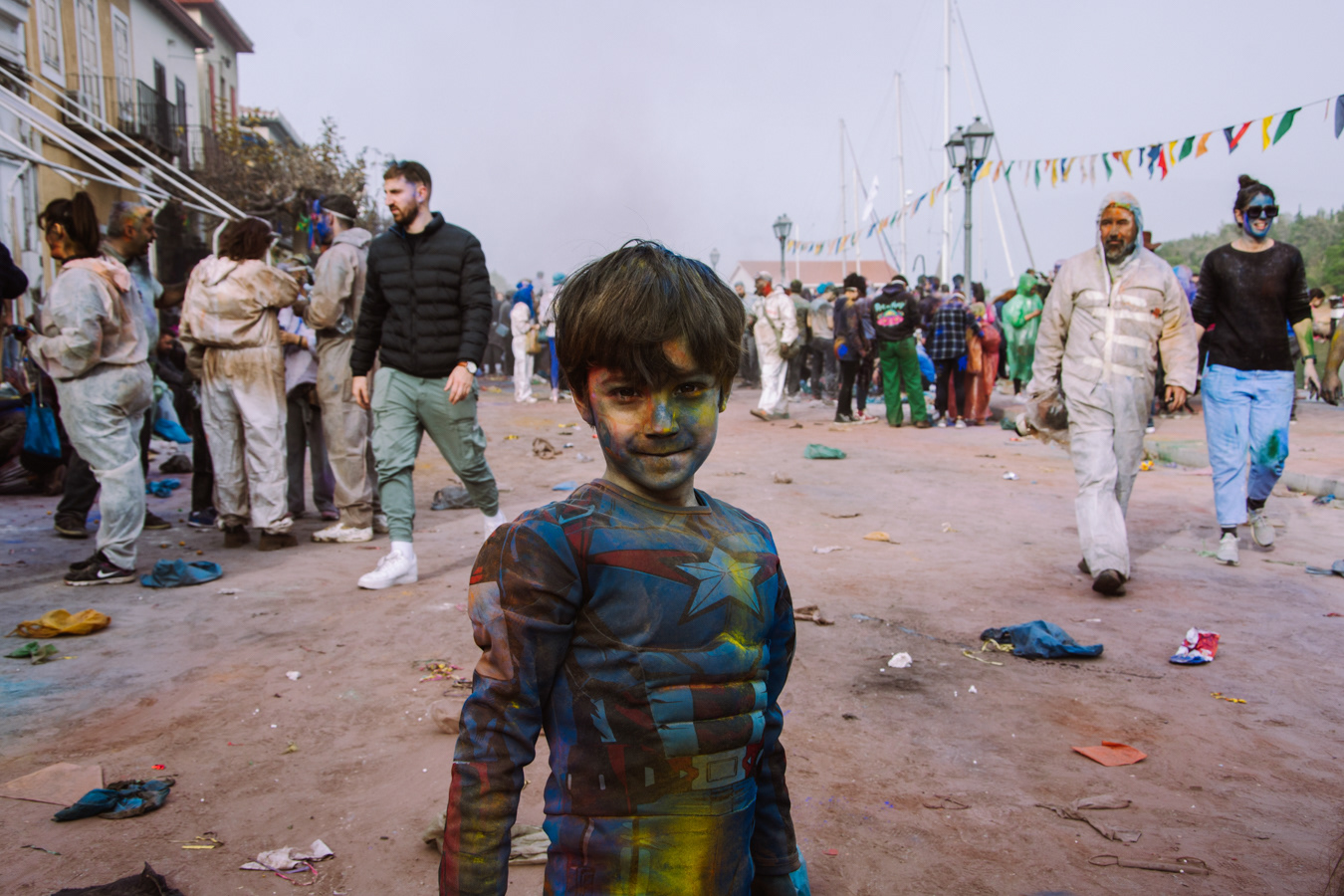
The Battle Unleashed
The Flour War, a gleeful spectacle of color and chaos, typically commences around noon on Clean Monday. It's a sight to behold as villagers and visitors alike gather in the narrow streets, armed with sacks of "ammunition." This ammunition includes vibrantly dyed flour, soot, and confetti. Participants of all ages, wearing protective attire like coveralls, masks, scarves, hats, and bags, take to the streets, engaging in an epic, friendly battle.
Imagine a rainbow of flour clouds, laughter echoing through the air, and the streets transformed into a vibrant, multicolored canvas. There's no need to worry about running out of ammunition, as the municipality generously donates the flour, and local shops proudly sell jumpsuits and accessories that serve as participants' "armor."
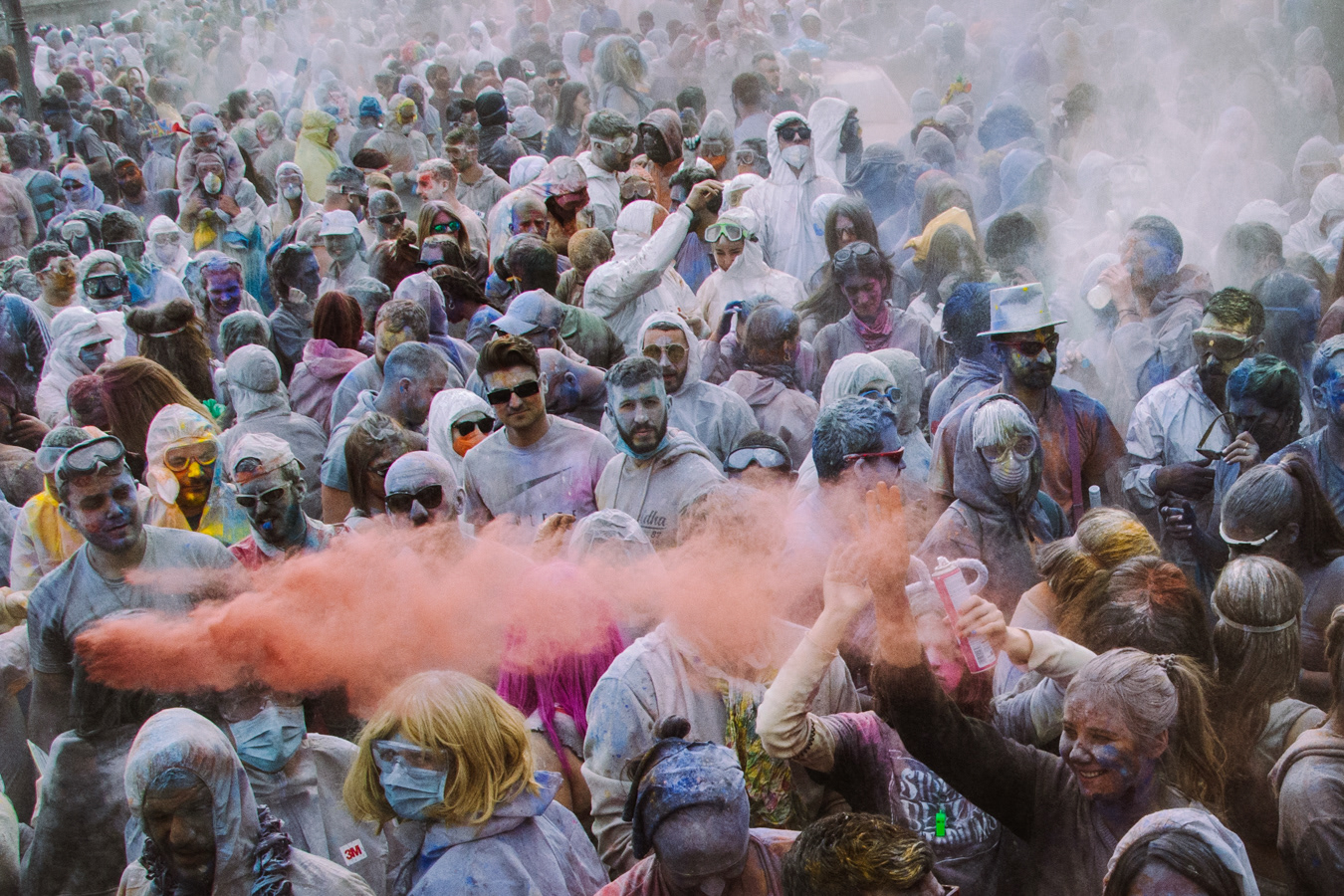
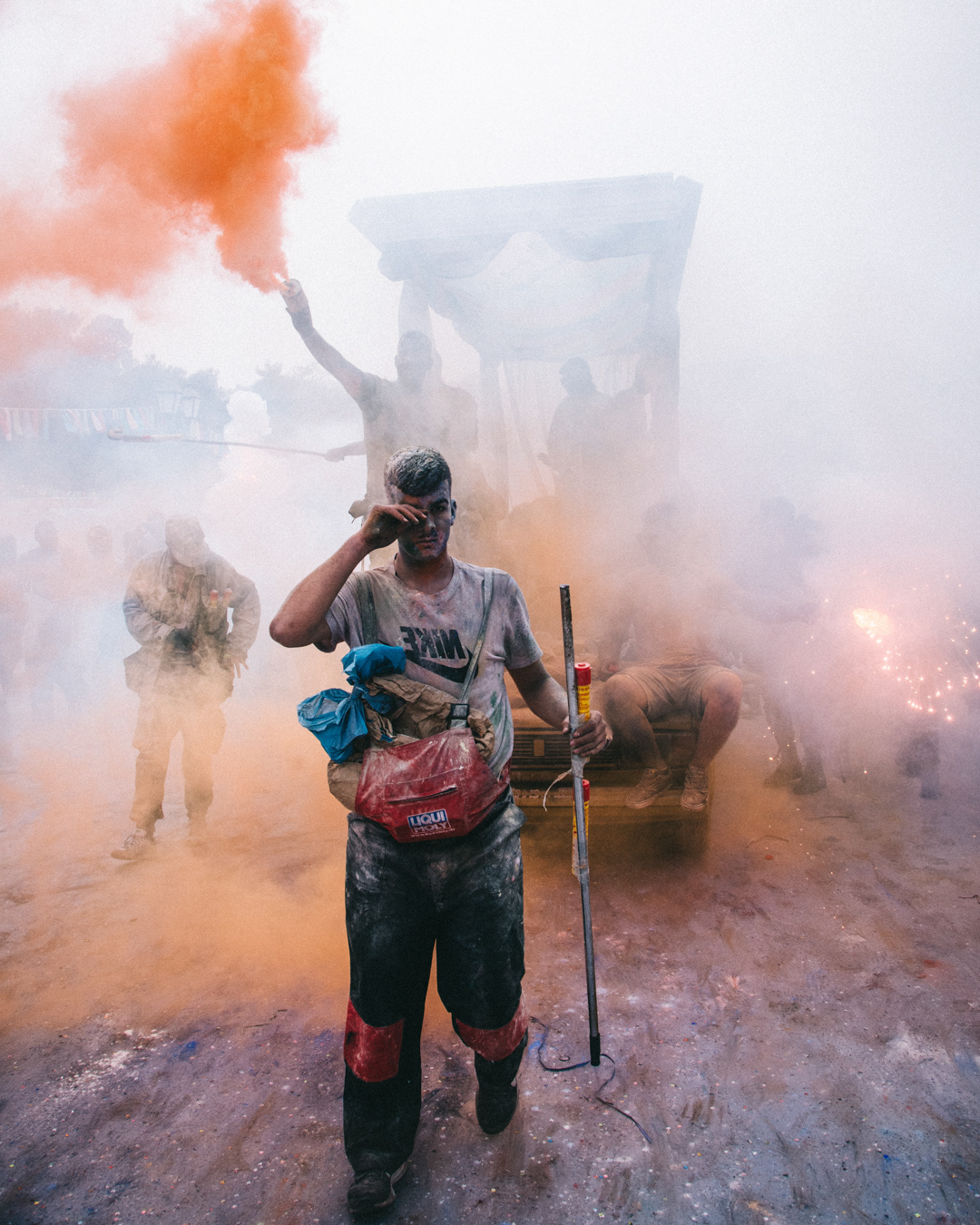
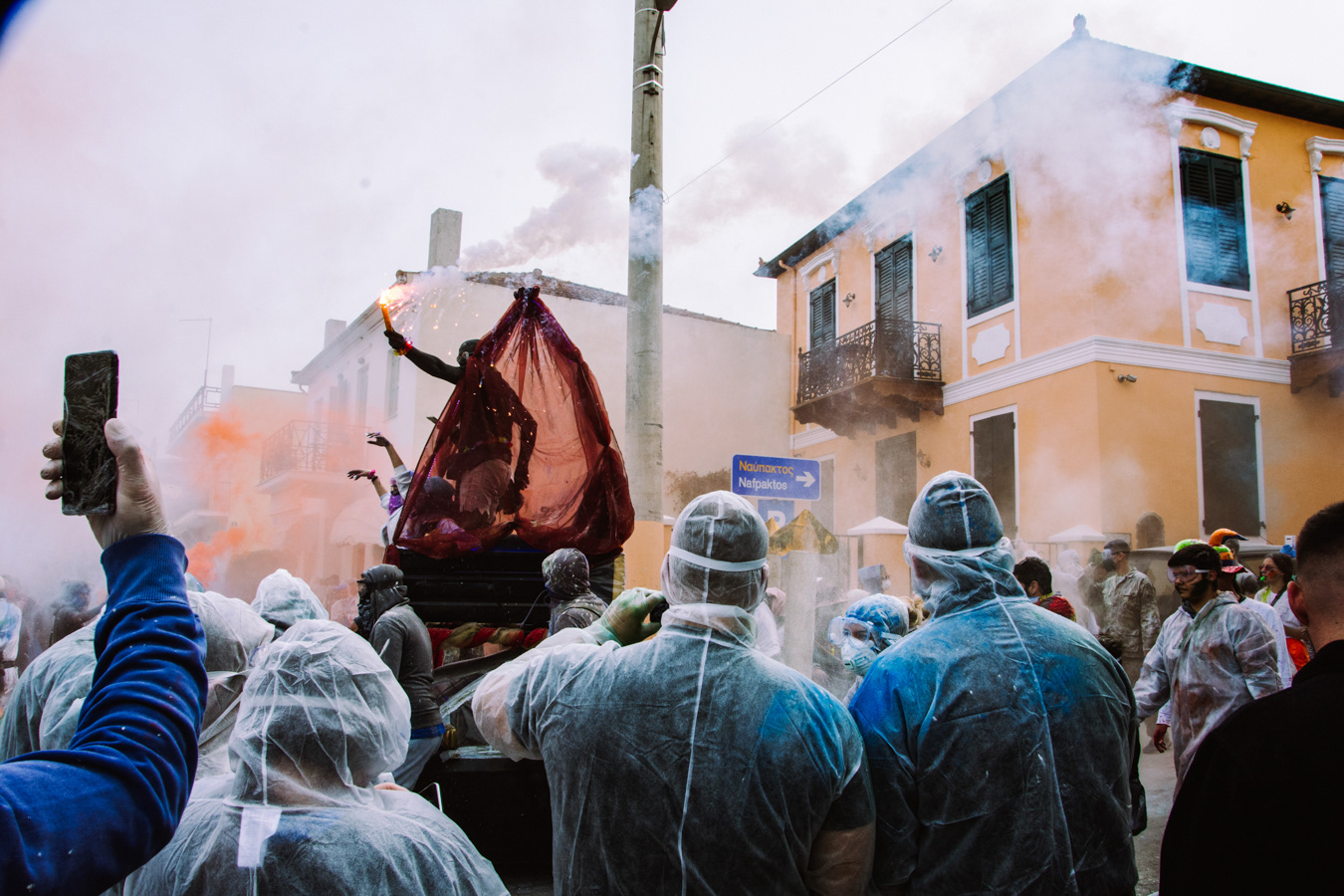
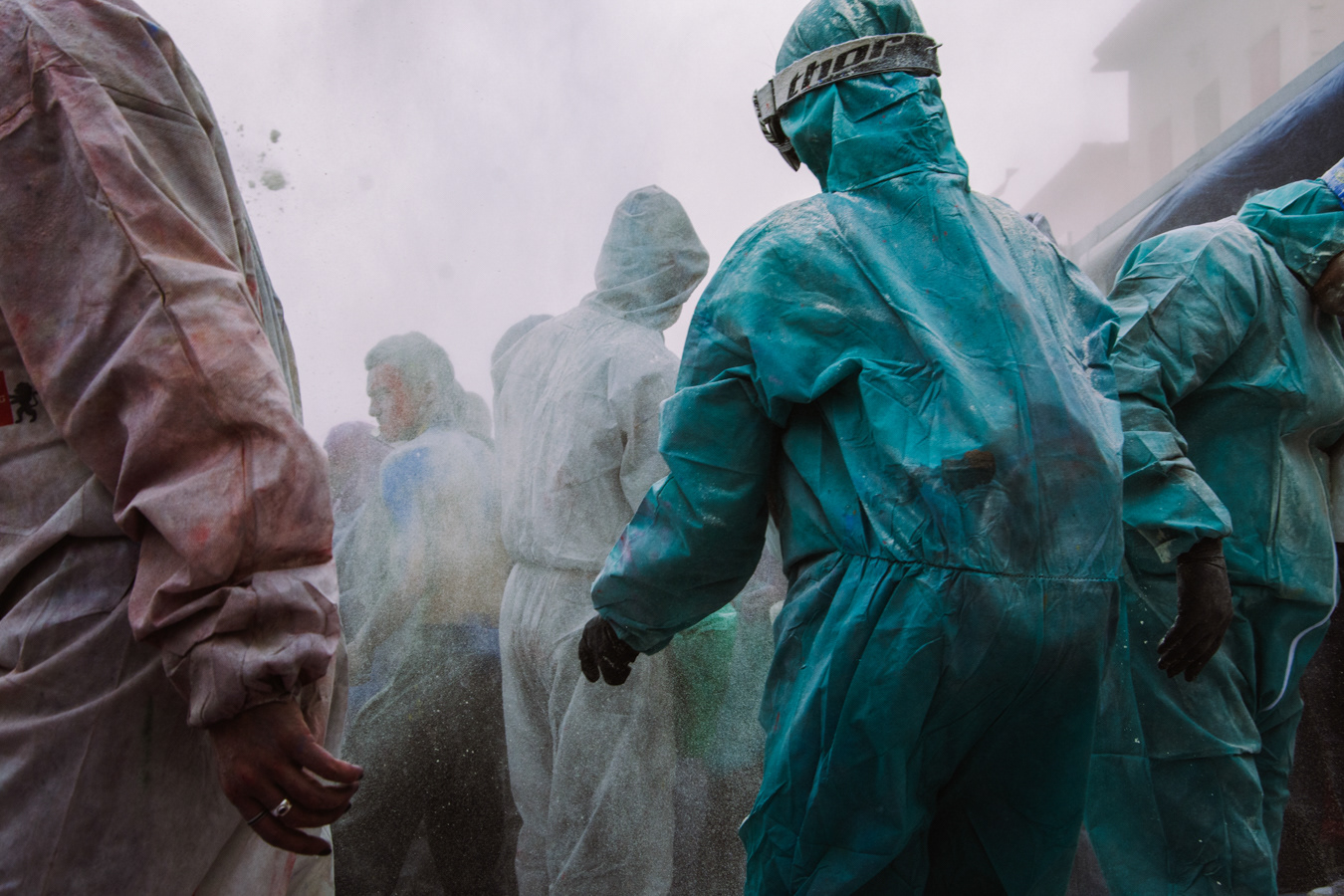
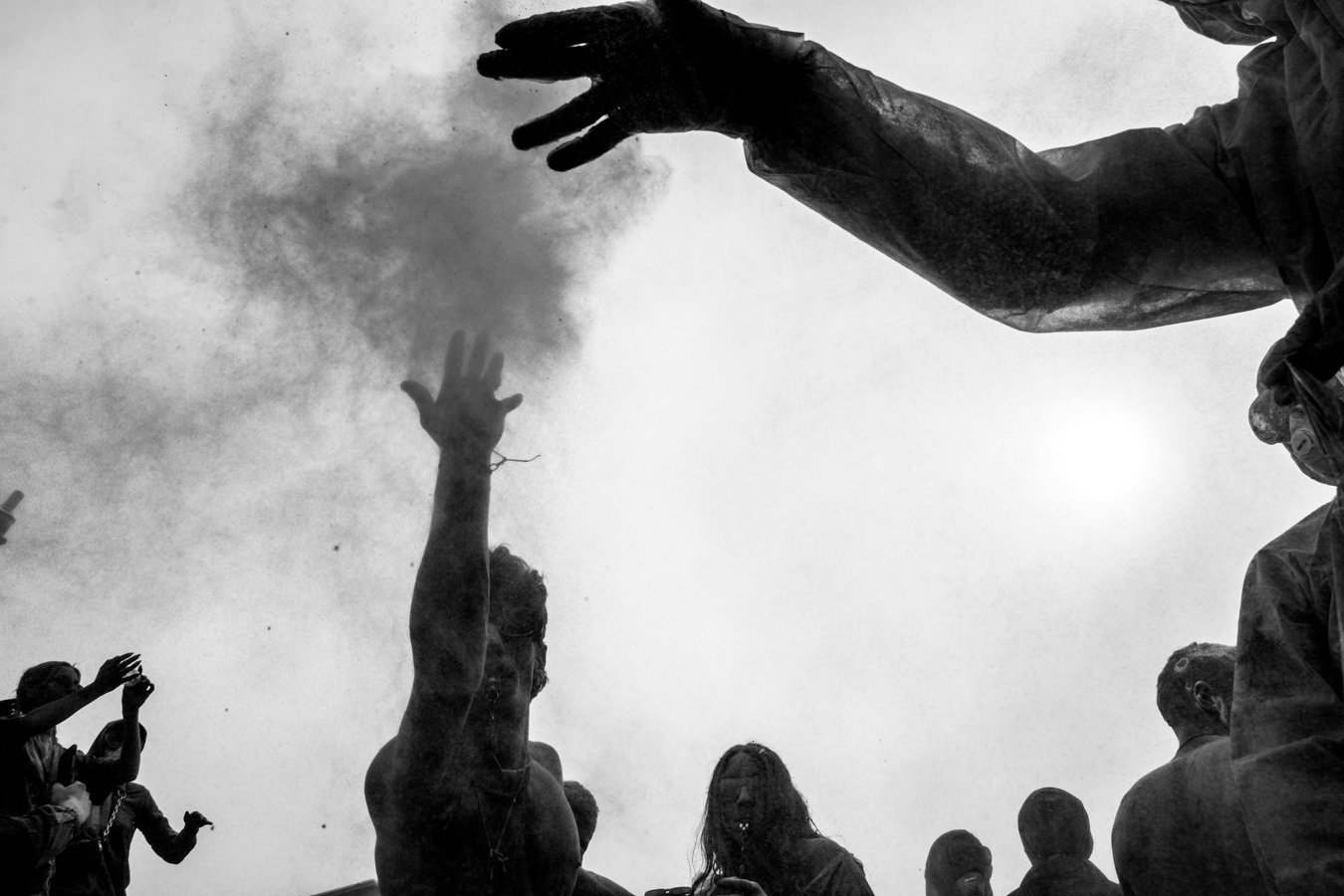
The Whole Village Comes Alive
During the Flour War, the entire village comes alive. Even the buildings don protective plastic wrap, as nothing and no one is immune to the joyous madness. Music and dancing accompany the festivities, adding to the merriment that lasts well into the night, only concluding when every last bag of ammunition has been emptied.
The Flour War of Galaxidi is more than just a playful tradition; it's a symbol of resilience and unity. It represents a community's determination to hold onto its cultural roots, even in the face of historical restrictions. It's a testament to the human spirit's ability to find joy and connection in unexpected places.
As you watch the streets of Galaxidi transform into a whirlwind of colors on Clean Monday, you can't help but be struck by the enduring spirit of this village. The Flour War stands as a reminder that, in the most unexpected corners of the world, traditions can emerge as a powerful expression of identity, resistance, and togetherness.
